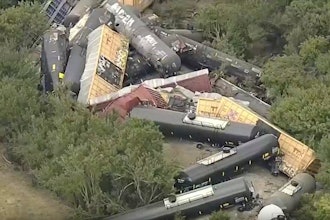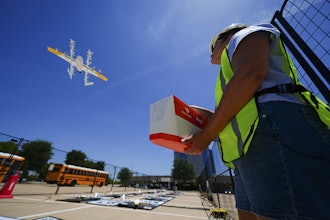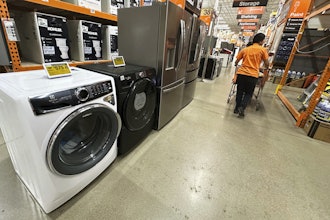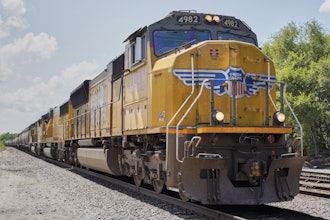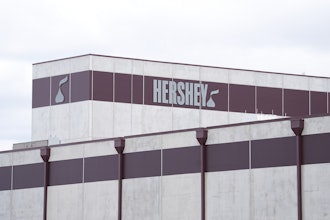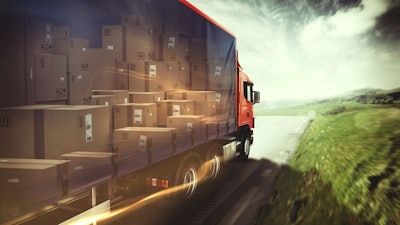
Despite hopes earlier this year that there may be a “return to normal” after a trying 2020, 2021 had its fair share of trials and tribulations. And as the supply chain continues to lumber through a historic supply chain crisis, 2022 is shaping up to offer its own set of headaches for the logistics industry, as well. This is particularly true in freight procurement.
From a dearth of capacity to cost hikes, 2021 was a challenging period for the freight procurement industry. And many shippers and carriers are scrambling to find ways to better navigate new challenges that are here to stay. Enter AI.
Renowned for slow-moving technology adoption, the logistics industry is now taking a long, hard look at AI as it tries to build the more efficient and resilient businesses of tomorrow. And given its scalability and agility, AI will likely be one of the hottest topics in freight procurement in the coming year.
Here are key areas where AI will be hugely influential as the freight procurement industry moves through 2022.
Automation: Dynamic Tender
For years, shippers have relied on a static tender process when they were seeking alternate carriers for their rejected loads. And while this may have been a necessary evil in years past, as tender rejection rates from contract carriers hit all-time highs, shippers no longer have the luxury to wait hours for brokers to secure an alternate – especially if they’re trying to meet OTD.
Through AI technology, shippers configure custom load attributes upfront and the technology dynamically sources the perfect, asset-based carrier for that moment in time. The shipper is now able to avoid freight brokers because technology, with no hidden margins, automatically sources the best carrier.
Managing Truckload Cost
Freight brokers will continue to inflate truckload cost, and contract carriers will react by continuing to reject loads until they level-set their rates. In short, this means almost every shipper will anticipate increased truckload costs in 2022. Unfortunately, it’s been difficult for shippers to understand fair market cost per load. All too often, freight procurement teams are stuck with only a partial view of the capacity market because reporting is often a few hours behind, or non-existent due to the broker’s opaque cost structure. This is where AI comes in.
By leveraging AI technology, shippers can dynamically find compliant carriers and allow them to bid directly on loads, cutting out the middlemen. As bids are gathered, shippers understand the current supply and demand curve along with fair market price – the going rate direct from carriers – especially as the freight market bobbles up and down. With AI, shippers understand current freight market conditions, and fair truckload price, which helps mitigate rising transportation costs, especially as the c-suite continues to uncover cost reduction opportunities to help eroding margins.
The Final Word
Efficiency is likely going to be the buzzword around the logistics space in 2022. And if shippers and carriers are going to come close to achieving their efficiency potential, AI will be a huge ally. AI success will ultimately come down to implementation and having the right strategy. However, if shippers and carriers can get it  Michael Nervick
Michael Nervick
Mike Nervick is chief executive officer of Sleek Technologies, which has optimized the critical freight procurement process for manufacturers, retailers and distributors resulting in reduced cost, stronger performance, and more data. Nervick is a disciplined operator and transportation insider with a proven track record of nearly 20 years. He is acutely aware of the needs of drivers and carriers from his deep experience working on the trucking side of the brokerage business.









